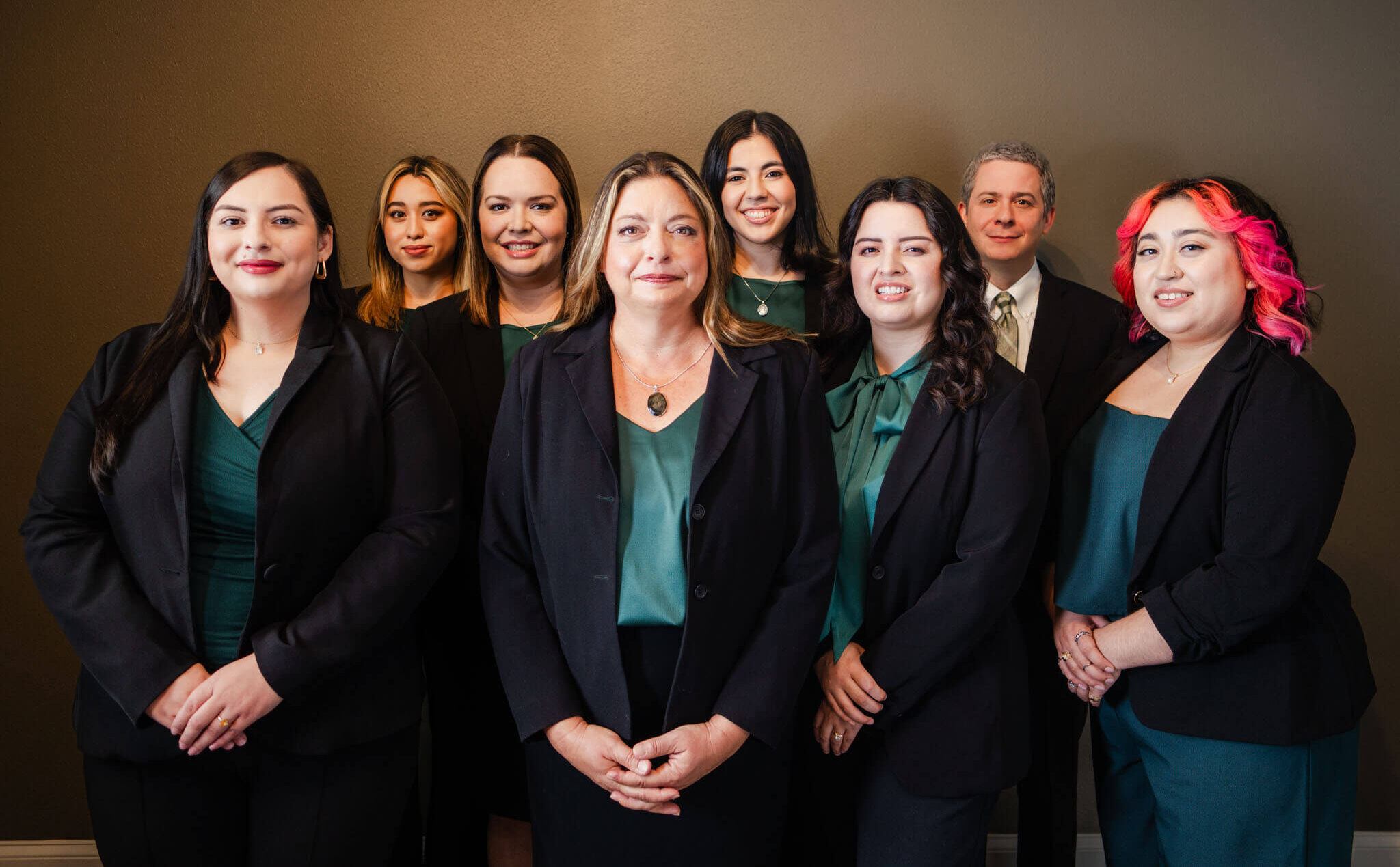Austin Immigration Lawyers
Immigration Legal Services in Austin
j sparks law
Serving Clients in the Austin Area & Throughout Texas
The U.S. immigration system is a complex maze of intricate laws, unclear processes, and hoops to jump through. People often face difficulties achieving success in pursuing their immigration goals without the assistance of a knowledgeable and experienced lawyer. As a board-certified attorney in immigration law, Julie Sparks is well-versed in U.S. immigration laws and policies. She and her team are dedicated to helping you achieve your goals.
With over thirty years of combined legal experience, the attorneys at J. Sparks Law, PLLC aim to empower immigrants by giving them straightforward explanations, honest opinions, and clear solutions. When you retain our firm, you can rest assured that your case will be handled with great care and that your needs will be prioritized at every step.
Consult J. Sparks Law, PLLC, by calling (512) 952-2176 or contacting us online. Our services are available in Spanish! Call today.
Contact Us
Call Today to Schedule a Consultation
What We Offer
At J. Sparks Law, PLLC, we offer many legal services for most immigration cases. We routinely assist clients seeking visas, green cards, asylum, and citizenship.
Our compassionate immigration lawyers are also dedicated to helping individuals who face the threat of removal from the U.S. or physical violence in their home country. They handle VAWA, DACA, asylum, green cards, and deportation defense cases in immigration court.
In addition to all these cases, we also handle appeals. Our lawyers have extensive experience fighting injustice in the American immigration system.
Austin Immigration Law Firm Services
With over thirty years of combined legal experience, the attorneys at J. Sparks Law, PLLC aim to empower immigrants by giving them straightforward explanations, honest opinions, and clear solutions. When you retain our firm, you can rest assured that your case will be handled with great care and that your needs will be prioritized at every step.
Removal/Deportation
Deportation and removal are often used interchangeably because they essentially are referring to the same concept. When people refer to deportation or removal, they mean that a person is in the United States and may be required to leave the country and sometimes actually physically taken out of the U.S.
Green Card Renewal
A “green card” is the document that is given to non-citizens as proof that they have been granted residency in the U.S. Permanent Residency status means that an individual may live in the U.S. permanently, seek employment of their choice, and travel internationally with their green card and valid foreign passport.
Family Petitions
When someone wants to directly help a family member gain legal status in the U.S., the first step is the filing of an I-130 petition. Residency, which is the legal status that green card holders have, can only be approved after an I-130 has been approved.
Residency Applications Through Family
People who have been granted residency are issued green cards as evidence that they may now permanently reside in the U.S. For most foreign-born individuals, becoming a permanent resident is a necessary step before one can qualify to become a U.S. citizen.
Fiancé Visas
Accelerate your journey to matrimony and U.S. residency with J. Sparks Law, PLLC’s guidance on navigating the K-1 fiancé visa process effectively.
Removal of Conditions on Residency
Some individuals are given what is called “conditional residency” which provides them with a green card that expires after only two years, instead of ten years.
Removal/Deportation
Deportation and removal are often used interchangeably because they essentially are referring to the same concept. When people refer to deportation or removal, they mean that a person is in the United States and may be required to leave the country and sometimes actually physically taken out of the U.S.
Affirmative Asylum
Asylum, if granted, gives an individual protection for future persecution and status in the U.S. Someone who wins an asylum case is called an “asylee” and becomes eligible to work and live in the U.S. indefinitely.
VAWA
Congress, in the 1990s, provided a path for noncitizens who have been abused by a U.S. citizen or lawful permanent resident relative to petition for themselves for immigration status without the participation, consent, or knowledge of their abuser.
DACA
DACA stands for Deferred Action for Childhood Arrivals. This is an idea from the Obama administration that allowed “DREAMers,” or people who were brought to the United States as young children, to apply for work authorization and gain protection from deportation or removal.
TPS
TPS or temporary protected status is a benefit that protects an individual from deportation for a set period. TPS holders cannot be physically removed from the United States for the duration of time that they hold TPS.
Naturalization
Residents generally must have their green cards for 5 years before USCIS can naturalize them. But for those married to a U.S. citizen, some can naturalize after only 3 years.
U-Visa and T-Visa
U-Visas are a type of temporary immigration benefit that is granted to the survivors of certain types of crimes, as well as some qualifying family members of the survivor.
Green Card Renewal
A “green card” is the document that is given to non-citizens as proof that they have been granted residency in the U.S. Permanent Residency status means that an individual may live in the U.S. permanently, seek employment of their choice, and travel internationally with their green card and valid foreign passport.
SIJ
Individuals under 21 years of age, who are in the United States, and who have been abused, abandoned, or neglected by one or both parents may be eligible to apply for what is called Special Immigrant Juvenile status. This may include individuals who have been orphaned by one or both parents.
MEET THE TEAM
j sparks law
Our Results Speak for Themselves
We Treat Our Clients Like Family
Looking For Help?
Check out our resource page for answers to your questions and help navigating all the recent legal updates!
